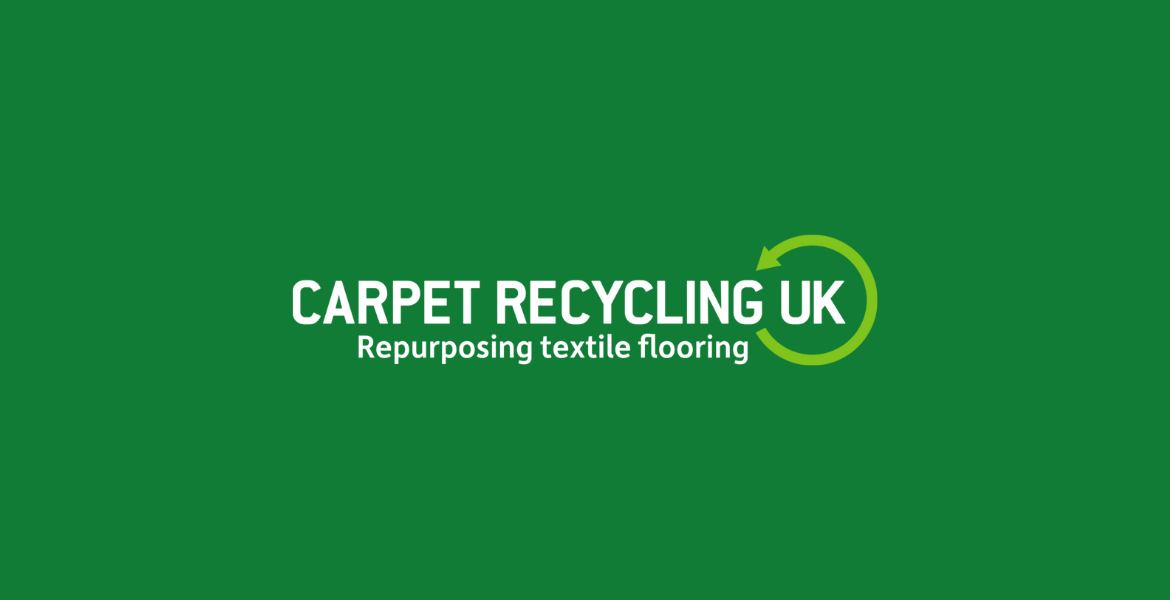

Since its formation in 2007, Carpet Recycling UK (CRUK) has become the UK industry leader and go-to body on sustainability matters for the carpet and textile flooring sector in the UK. In the CFA Guide to Sustainability 2024-2025, Scheme Manager Adnan Zeb-Khan of Carpet Recycling UK (CRUK) provided updates.
CRUK is an independent not-for-profit membership association working with the supply chain for carpet and textile flooring in the UK, currently representing over 80% of the UK’s carpet and textile flooring manufacturers and distributors.
Our ultimate aim is to move carpet and textile flooring up the waste hierarchy and create circularity to maximise the use of these resources and preventing this material from becoming a waste by reusing flooring in new applications.
At a time marked by unique challenges and complexities, the importance of collaboration cannot be overstated. Nowhere is this truer than in the realm of sustainability, where concerted efforts are required to address pressing environmental issues.
In the UK, the carpet and textile flooring industry stands at a pivotal juncture, tasked with transforming its operations towards a circular model. As we navigate through these challenging times, what we are noticing more is that collaboration between our members is a vital ingredient to successfully develop a pathway towards becoming more sustainable.
The concept of circularity, particularly in the context of carpet and textile floor recycling, revolves around the idea of minimising waste and maximising the lifespan of products through reuse, remanufacturing, and recycling. Achieving circularity currently demands a fundamental shift in the way we design, produce, and dispose of carpets and textile flooring. It requires the active participation and cooperation of various stakeholders across the industry’s supply chain.
At the heart of this transformation lies the need for collaboration among members. By working together and through CRUK, stakeholders can leverage their collective expertise, resources, and networks to overcome challenges and drive innovation.
The sharing of best practice and experience will allow the key players in the sector to learn from one another to create standards leading to the development of more efficient recycling processes, novel technologies, and sustainable materials.
CRUK works extensively to expand its learning and understanding from other similar trade associations that are facing the same challenges and is now part of the British Furniture Confederation which allow us to understand and share what other sectors are doing and facing, as well as being part of an active lobby group which meets regularly with MPs and Parliamentary Groups.
In addition, CRUK is also forging alliances with academia, research institutions, and Government agencies, so our members can access cutting-edge research, funding opportunities, and regulatory support. These partnerships not only accelerate progress but also enhance the credibility and legitimacy of sustainability initiatives within the industry.
CRUK members understand the power of collaboration in driving sustainable change. As a voluntary association of raw material suppliers, manufacturers, distributors, contract flooring companies, retailers, and reuse and recycling companies, CRUK is pivotal in promoting and guiding circularity within the sector. By bringing together diverse stakeholders, CRUK creates dialogue, facilitates collaboration, and leads discussions.
Furthermore, collaboration enables us to address systemic barriers to circularity, such as logistical challenges, market fragmentation, data gaps and schemes promoting take-back options. However, CRUK cannot do this alone, especially as the challenges are getting bigger and we will need our members to play a bigger and more active role within our organisation so we can be heard and looked upon as being a high-performing sector that is capable of measuring its performance.
Data sharing and management is a key aspect that needs to improve, especially if we want to be taken seriously by Defra and Government agencies. We are also missing out on coming together as a single voice on certain local and central Government consultations where we need to show solidarity to ensure that our opinions are considered, acknowledged and acted upon.
In conclusion, collaboration is the linchpin of success as we strive to transition towards creating circularity within the carpet and textile flooring sector. By fostering partnerships, sharing knowledge, and pooling resources, stakeholders can overcome challenges, drive innovation, and accelerate progress towards sustainability goals.
The case of CRUK exemplifies the transformative potential of collaboration within the industry, serving as a model for collective action in pursuit of a more sustainable future. As we navigate through complicated and challenging times, let us come together to harness the power of collaboration to create a sector that can be proud of how it is transitioning to becoming more circular and sustainable.